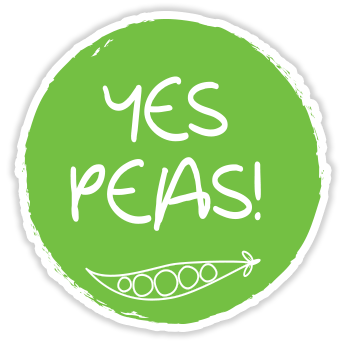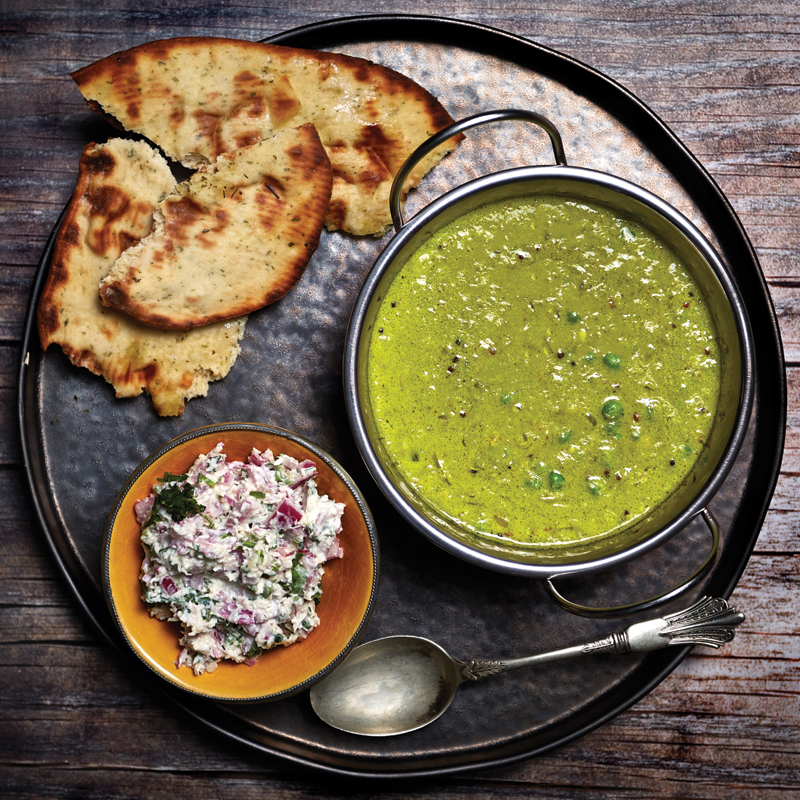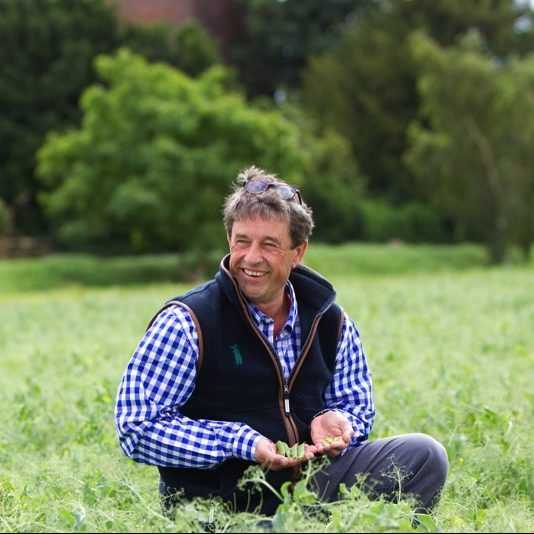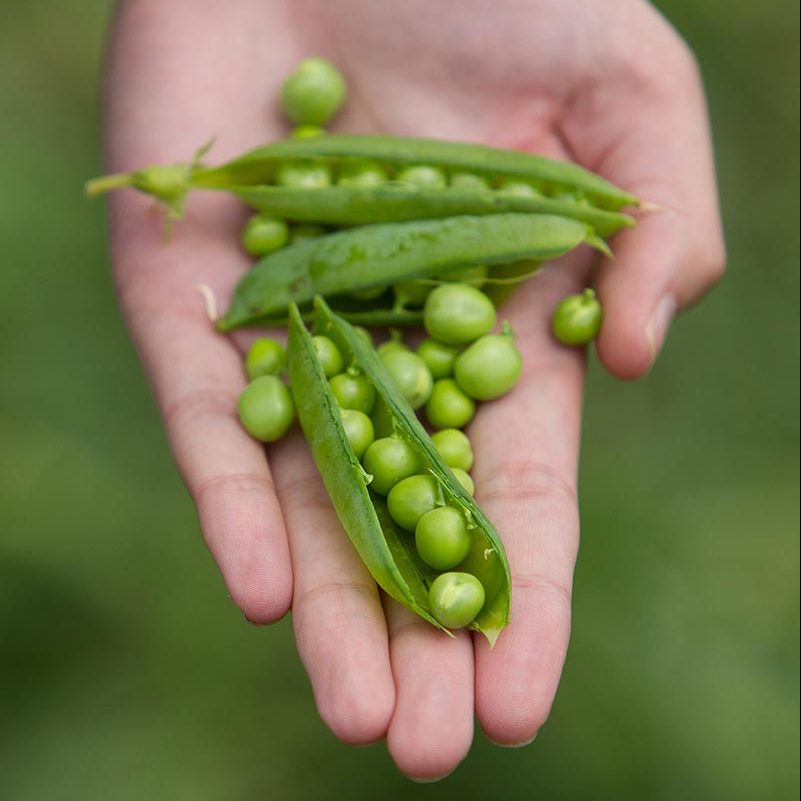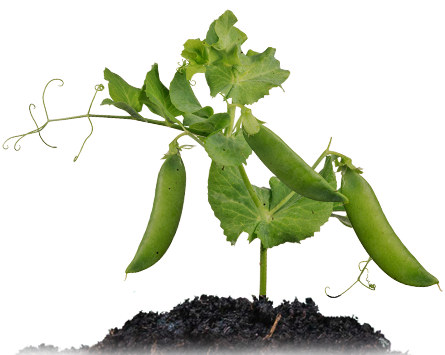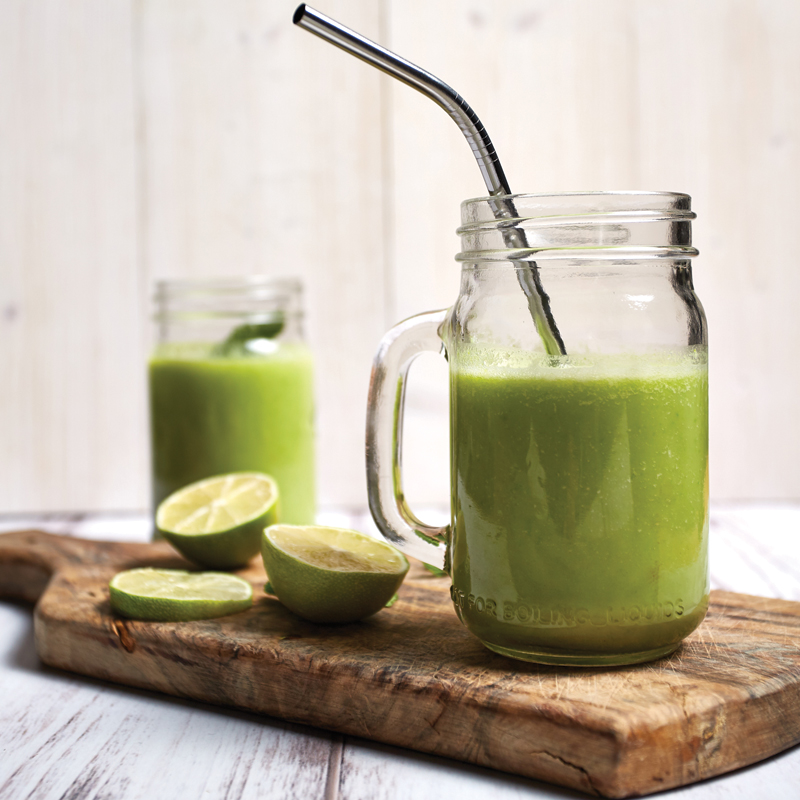
Are peas good for me?
In one word – yes! But if you need more details…
- Peas are a good source of vitamin A, vitamin C, folate, thiamine (B1), iron and phosphorus. They are also rich in protein, carbohydrate and fibre and low in fat.
- A 100 calories serving of peas contains more protein than a whole egg or tablespoon of peanut butter.
- Just one serving of freshly frozen garden peas and petits pois contains as much vitamin C as two large apples!
- Half a cup of frozen peas has only 5% of the daily limit for sodium. Foods low in sodium are good for your heart.
